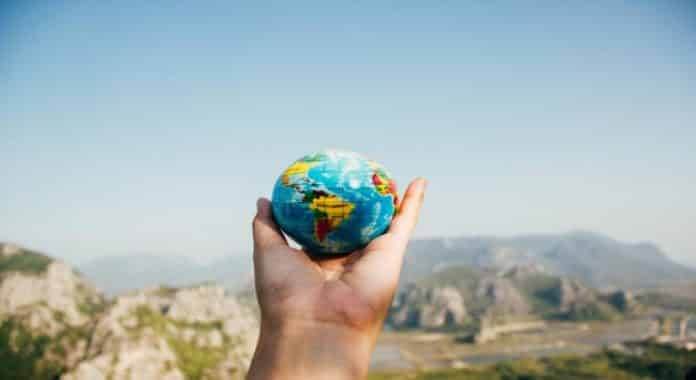International carrier KLM Royal Dutch Airlines did a recent survey to figure our how the future of travel is changing, travellers are changing the way they search, book and travel. From booking with the aid of voice technology and sustainable alternatives such as rail services, to facial recognition technology at security its an ever changing world of travel out there.
Destination Instagram
The surveys shows that half of Gen Z and millennials consider how ‘Instagrammable’ their destination will be when booking. How many “likes” will it generate? The guarantee of taking beautiful holiday snaps is a prerequisite for 25.8 percent of them. The photos have to be authentic and taken by them personally.
Travellers increasingly use voice technology to navigate
Many people spend hours consulting search engines and browsing websites for their ideal travel destination. “Smart speakers” are assisting them on their quest, with more and more travellers finding their ideal destination and suitable air tickets using voice technology. KLM’s booking service, which is often consulted with the aid of Google Assistant, is attracting 10 percent more users every month.
Travel inspiration on social media comes from friends and family
Instagram is expected to keep growing as a significant source of travel inspiration. The role of influencers and celebrities as a source of holiday inspiration is declining more and more (14.5 percent). Also, more than 50 percent of travellers don’t trust photos of holiday destinations shared by influencers. Travellers mainly look at posts from friends and family (65.3 percent) or click on hashtags to seek inspiration from strangers (45.9 percent).
Combining air and train travel will become more popular
Sustainability is important and travellers are taking it into account when booking. This is why travel operators are joining forces wherever possible to offer rail tickets for shorter distances as an alternative to flying. KLM will add more options to its website to plan short distances by train. The guiding principle being that the combination of air and rail travel can be planned and booked easily.
Are you compensating for CO2 emissions?
More and more passengers are compensating for their share of carbon emissions. A survey* commissioned by KLM revealed that 38.8 percent of travellers plan to compensate for CO2 emissions next year.
Your face is your passport
Queues will be shorter at the airport thanks to facial recognition technology. Earlier this year, KLM conducted tests where passengers passed through checkpoints at security, lounges and boarding by showing a selfie in the KLM App on their phones, instead of presenting their passports. The KLM App shows passengers at which airport this technology may be used. More and more passengers will encounter this technology in 2020 when new tests begin. Naturally, it is up to the passenger to decide whether they want to try this digital innovation or not.
AI to shorten waiting times in unforeseen circumstances
Unforeseen circumstances, such as thunderstorms, can lead to flight delays. Artificial Intelligence (AI) helps reduce inconvenience to passengers by rapidly calculating how best to deploy available crews and aircraft. This will further improve flight punctuality in 2020.
Even more luxury and relaxation at the airport
All sorts of innovations will further improve the ways travellers spend their time at the airport. Transfer passengers will find sleeping pods in KLM’s new non-Schengen Crown Lounge or they can enjoy a luxury dinner at Restaurant Blue, with dishes created by Michelin-starred chef Joris Bijdendijk.
Mobile telephone off or at home
Travellers increasingly prefer to stay off their mobile phone while on holiday, or at least to use it less. On the other hand, they can’t go without a phone altogether. Around 50 percent of passengers would prefer to use their phones as little as possible on holiday, but also indicate that this is not always possible. Almost a third of passengers would like to travel without a phone, but are afraid they will find this impossible.
IANS



